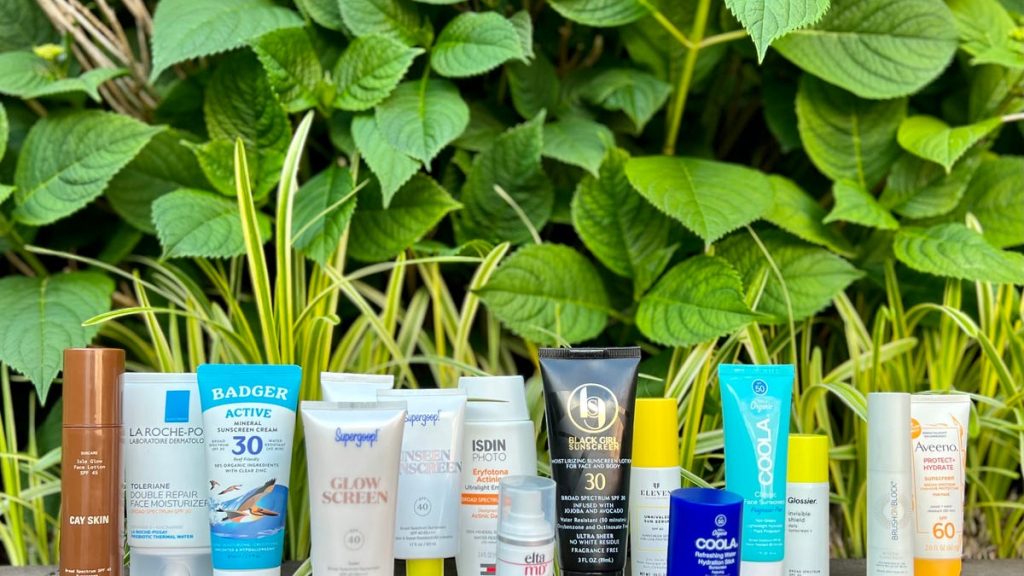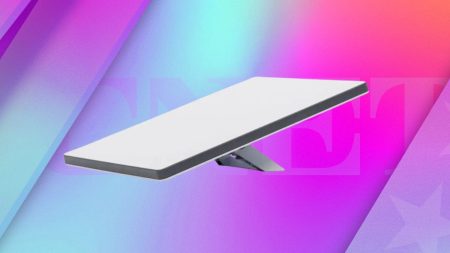Sunscreen Selection Based on Skin Type:
Choosing the right sunscreen is crucial for effective sun protection and maintaining healthy skin. Different skin types have varying needs, and selecting a sunscreen tailored to your specific skin type can significantly enhance its benefits while minimizing potential issues.
For individuals with dry skin, sunscreens containing moisturizing ingredients are essential. Look for formulations enriched with hydrating components such as aloe, niacinamide, hyaluronic acid, coconut water, sunflower oil, or various fruit extracts. These ingredients work synergistically with the sunscreen’s protective properties to replenish moisture and prevent dryness. Depending on the severity of your dry skin, you can apply sunscreen over your regular moisturizer or use it as a standalone moisturizing and protective product.
Those with oily skin should prioritize oil-free sunscreens to avoid exacerbating excess oil production. "Noncomedogenic" is a key term to look for on sunscreen labels, as it indicates the product won’t clog pores, further reducing the risk of breakouts. This is especially important for oily skin, which is more prone to acne due to increased sebum production.
Acne-prone skin, often associated with oily skin, requires similar considerations. Opt for noncomedogenic, oil-free formulations to minimize pore blockage. Additionally, avoiding fragrances, parabens, and other potential irritants can help prevent further breakouts and inflammation. Look for sunscreens specifically marketed for acne-prone skin or those labeled as "sensitive skin" friendly, as these often contain fewer irritating ingredients.
Sensitive skin demands the utmost gentleness. Choose sunscreens with minimal ingredients and prioritize fragrance-free options. Fragrances are common irritants and can trigger reactions in sensitive skin. Dermatologist-tested sunscreens can provide additional assurance, as they have undergone rigorous testing to minimize the risk of allergic reactions and irritation. Oil-free, paraben-free, and noncomedogenic formulations are also beneficial for sensitive skin, further reducing the potential for irritation.
Broad Spectrum Protection and Hydration:
Regardless of your skin type, selecting a sunscreen with broad-spectrum protection is paramount. Broad-spectrum sunscreens shield your skin from both UVA and UVB rays, offering comprehensive protection against sunburn, premature aging, and skin cancer. UVB rays are primarily responsible for sunburns, while UVA rays penetrate deeper into the skin, contributing to long-term damage like wrinkles and age spots.
Hyaluronic acid is a valuable ingredient to look for in sunscreen formulations, irrespective of skin type. This humectant draws moisture from the surrounding environment and binds it to the skin, providing intense hydration and promoting a plump, healthy complexion. Hyaluronic acid also enhances the skin’s ability to retain moisture, preventing dryness and discomfort throughout the day.
Choosing Between Mineral and Chemical Sunscreens:
Sunscreens generally fall into two categories: mineral and chemical. Mineral sunscreens, containing ingredients like zinc oxide and titanium dioxide, create a physical barrier on the skin that reflects UV rays. These are often a good choice for sensitive skin due to their lower likelihood of irritation.
Chemical sunscreens, on the other hand, absorb UV rays and convert them into heat, which is then released from the skin. While generally safe and effective, some chemical filters can be irritating for certain individuals. If you have sensitive skin, opting for a mineral sunscreen or a chemical sunscreen with filters known for their gentleness may be preferable.
Importance of Daily Sunscreen Use:
Applying sunscreen daily, regardless of weather conditions or time spent outdoors, is essential for protecting your skin from the harmful effects of UV radiation. Even on cloudy days, a significant amount of UV radiation can reach the earth’s surface, making daily sunscreen application a non-negotiable step in your skincare routine. Regular sunscreen use significantly reduces the risk of skin cancer, premature aging, and other sun-related skin damage.
Reapplication and Sun Protection Measures:
For optimal protection, reapply sunscreen every two hours, especially after swimming, sweating, or towel drying. This ensures a consistent barrier against UV rays and maintains the effectiveness of the sunscreen. In addition to sunscreen, consider incorporating other sun protection measures into your routine, such as wearing protective clothing, seeking shade during peak sun hours, and wearing a wide-brimmed hat.
Consulting a Dermatologist:
If you have persistent skin concerns or are unsure about which sunscreen is best for your specific needs, consulting a dermatologist is recommended. A dermatologist can assess your skin type, identify any underlying conditions, and recommend personalized sunscreen and skincare recommendations. They can also provide guidance on other sun protection strategies and address any specific concerns you may have.










